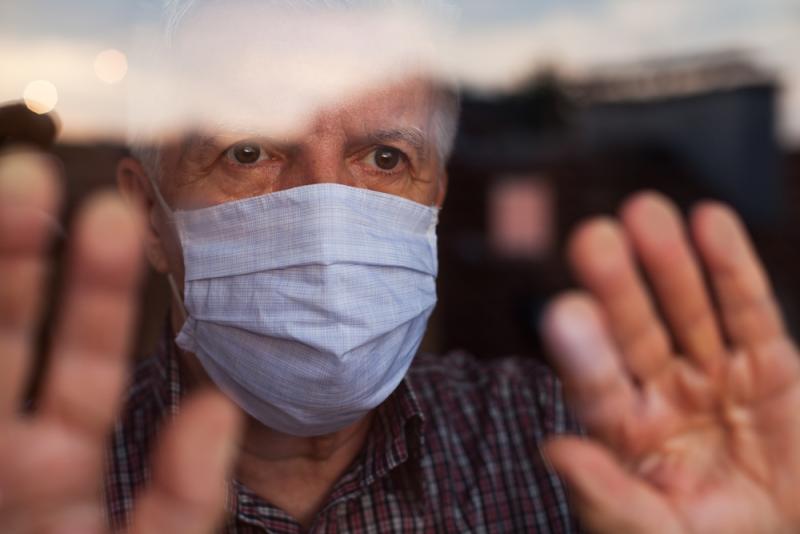
Public health and social measures introduced during the COVID-19 pandemic have brought profound changes to everyday life, exacerbating pre-existing concerns of increasing levels of loneliness and social isolation. Evidence is still evolving about the groups most affected by loneliness and social isolation and the manner in which they are affected.
A timely article by Katie Davies and colleagues. in The Lancet Healthy Longevity uses nationally representative data for community-dwelling adults aged 50 years and older from the English Longitudinal Study of Ageing over 14 years to show that loneliness and social isolation are much more complex and have greater importance for health and wellbeing than is often perceived.
For many years, loneliness and social isolation were seen as a social problem among primarily older people and as a natural part of growing older. More recently, they have been framed as a public health issue that can affect people of any age.
Tension often exists between those who perceive a medicalisation of loneliness and social isolation and those who feel that their impact on health and mortality is of insufficient concern to health professionals and indeed, society as a whole. How loneliness and social isolation are defined, measured, studied, and more importantly, addressed is key to advancing this area of work.


